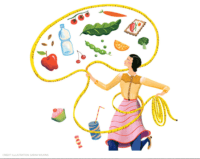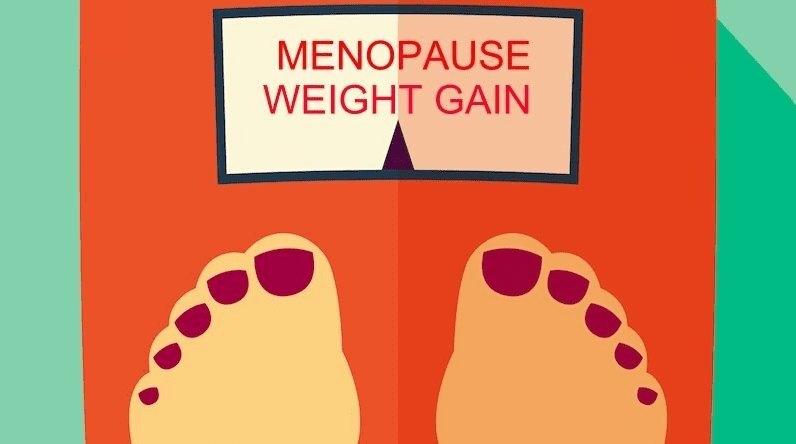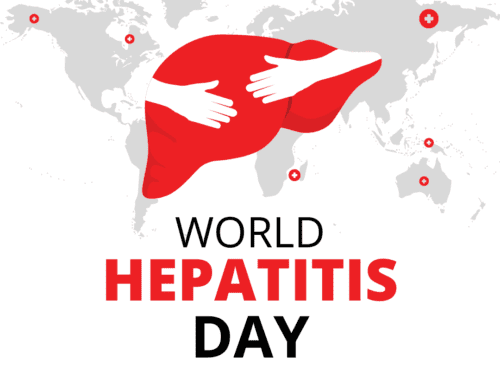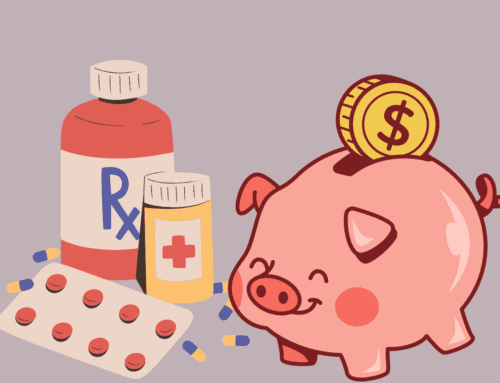Reinvention and Menopause: A Weighty Subject.
Perimenopausal symptoms can vary greatly and last for just months or several years. Every woman is different, but the menopausal symptoms are interconnected and directly influence one another. Women often find that what has worked in the past, will no longer work in the future… and so it may be beneficial to look at this as a time of “reinvention” of both body and spirit. It is a great time to use the wisdom accumulated over the years to adapt at navigating the many changes that come during mid-life. Perimenopause is the physical “change” that mirrors a reflection in time when women find themselves transitioning in many aspects of their lives including career change, children becoming independent, caring for aging parents, and new illness for themselves or their spouse. Women may have put the needs of others in front of their own for decades and now find that pivoting to self-care and creating a supportive system is imperative to their own success.
Weight gain is something that comes up A LOT and being overweight does have inherent health risk.
I often hear women say, “I haven’t changed anything, and I’m gaining weight.” Seemingly overnight, a diet and exercise routine that’s helped you maintain a healthy weight for most of your adult life isn’t working the way it once did. The rules of your body have changed. In perimenopause, maintaining your usual weight can become more difficult. In fact, many women gain weight around the menopause transition. Menopause weight gain is not inevitable, however. Importantly, weight gain can increase risks to your health and should not be ignored.
What causes menopause weight gain?
The hormonal changes of menopause can make you more likely to gain weight around your abdomen than around your hips and thighs. Hormonal changes alone are not the sole culprit of menopause weight gain. Weight gain is often tied to aging, lifestyle, and genetic factors.
For example, muscle mass typically diminishes with age, while fat increases. Losing muscle mass slows the rate at which your body uses calories (metabolism). This can make it more challenging to maintain a healthy weight. If you continue to eat as you always have and don’t build muscle mass or increase activity level… you’re likely to gain weight.
How risky is weight gain after menopause?
There are risks associated with excess weight, especially in the midsection, increases risks of DM, high blood pressure as well as heart disease and both breast and endometrial cancer. You can reverse course by paying attention to healthy-eating habits and leading an active lifestyle.
What’s the best way to prevent weight gain after menopause?
There’s no magic pill. These lifestyle habits are more important as we get older and self-care becomes imperative to our success.

- Exercise. Physical activity, including aerobic exercise and strength training, can help you shed excess pounds and maintain a healthy weight. As you gain muscle, your body burns calories more efficiently — which makes it easier to control your weight.For most healthy women at least 150 minutes a week or vigorous aerobic activity is recommended.In addition, strength training exercises are recommended at least twice a week.
- Nutrition. To maintain your current weight — let alone lose excess pounds — you might need about 200 fewer calories a day less than you did before. To reduce calories without skimping on nutrition, pay attention to what you’re eating and drinking. Choose more fruits, vegetables and whole grains, particularly those that are less processed and contain more fiber. In general, a plant-based diet is healthier than other options. Legumes, nuts, soy, fish are good choices. Anti-inflammatory and antioxidant-rich foods are key. Drink more water daily.
- Stress Management. Ensuring you have intentional time away from stressors and incorporate healthy coping techniques into daily habits.
- Sleep and Mood. Sleep disturbances and mood disorders are critical to manage in the menopausal period and they directly influence weight gain. It is crucial to address these issues to ensure that you are getting adequate and restorative sleep and have the energy level required to create a healthy lifestyle.
- Limit Alcohol Intake. Drinking alcohol can cause weight gain, interfere with sleep, and make menopause symptoms worse.
As women transition into menopause there is a dearth of resources and support available. This is in stark contrast to other stages of a woman’s life. There are a lot of resources and support for new moms, for example. Empowering women to make informed and educated decisions about their health in a space that is both collaborative and supportive is what we are passionate about at Roots Health DPC. Learn more about how we provide health care that is custom tailored to suit your health needs.





